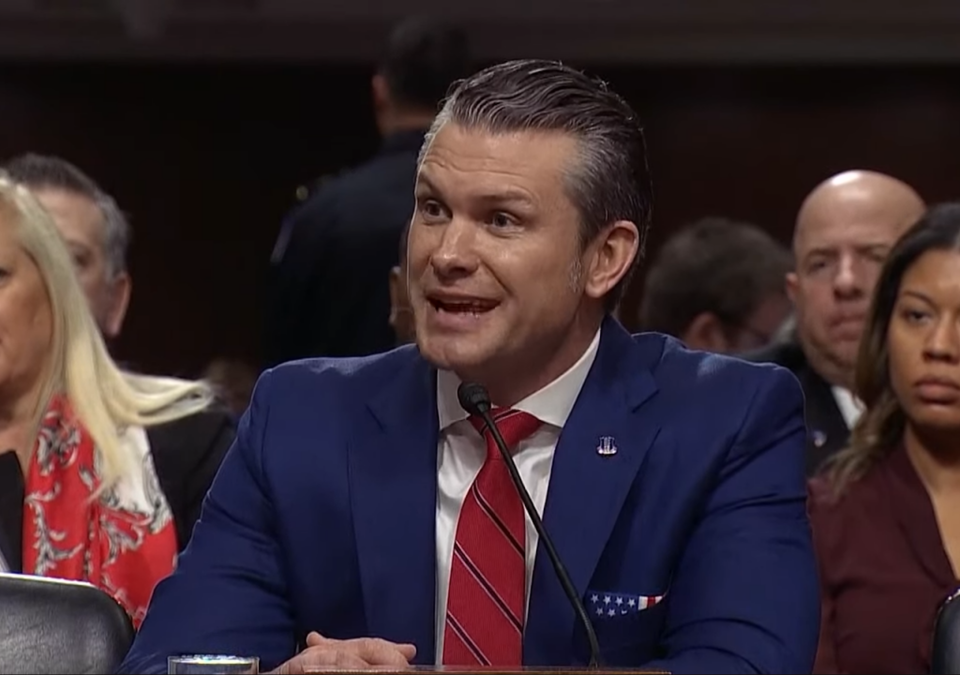
NBC’s Latest Hit Piece Against Pete Hegseth Is Even Dumber Than You Think
January 22, 2025
President Andrew Jackson vs. Donald Trump
January 22, 2025Examining Constitutional Limits of National Emergencies in Border Control Policy
Constitutional debates are reemerging as President Donald Trump’s border emergency declaration raises questions about the implications of Article IV, Section 4 of the U.S. Constitution. As the nation grapples with its legality, deeper discussions center around the federal government’s role in protecting states from what is declared as an “invasion.” But does this constitutional interpretation provide the answer to America’s persistent border concerns?
Border Emergency and Article IV
President Trump declared a national emergency at the U.S.-Mexico border, citing increased illegal immigration, drug trafficking, and criminal activity as threats. He invoked Article IV, Section 4, which guarantees states protection against invasions. This move allows for the suspension of certain entries under the Immigration and Nationality Act (INA), highlighting concerns about public health and safety.
The proclamation claims that sovereignty is “under attack,” and the border overrun by criminal elements. Consequently, the U.S. Armed Forces have been instructed to assist the Department of Homeland Security with border control. Orders were also issued for asylum seekers to remain in Mexico, signaling a tough stance.
Legislation and Legal Repercussions
Efforts to address illegal immigration include attempting to end birthright citizenship for children born to noncitizens. This contentious proposal faces fierce opposition, including a lawsuit from the ACLU. The organization argues that such measures are unconstitutional and undermine American values.
“Denying citizenship to U.S.-born children is not only unconstitutional – it’s also a reckless and ruthless repudiation of American values,” said Anthony Romero of the ACLU.
The declaration classified Mexican drug cartels as foreign terrorist organizations, a significant step that could justify U.S. military presence in Latin America.
Impacts on Federalism and State Rights
Trump’s declaration has sparked discussions on federalism and state rights, examining if federal measures infringe upon state sovereignty. Utilizing Article IV, Section 4 to declare an emergency underscores ongoing debates about the federal government’s intervention in state matters, particularly concerning immigration.
The CBP One app’s discontinuation also highlights the complexities of immigration enforcement. The federal approach not only seeks to control who crosses U.S. borders but also signifies a broader strategy of reinforcing national security through constitutional measures. Observers remain divided on whether this approach effectively addresses underlying immigration issues.
Sources:
Trump Declares Emergency Over ‘Ongoing Invasion’ at US–Mexico Border | The Epoch Times
Policy Brief: How States Can Secure the Border | The Center for Renewing America
The post Examining Constitutional Limits of National Emergencies in Border Control Policy appeared first on The Conservative Brief.




